
Hoping to improve outcomes among patients with acute heart failure discharged from the emergency department, study findings show that 30-day improvements from a self-care intervention were not sustainable through 90 days.

Maggie is a senior editor for The American Journal of Managed Care® (AJMC®) and produces written, video, and podcast content covering several disease states. She joined AJMC® in 2019, and has been with AJMC®’s parent company, MJH Life Sciences®, since 2014, when she started as a copy editor.
She has a BA in English from Penn State University. You can connect with Maggie on LinkedIn.

Hoping to improve outcomes among patients with acute heart failure discharged from the emergency department, study findings show that 30-day improvements from a self-care intervention were not sustainable through 90 days.
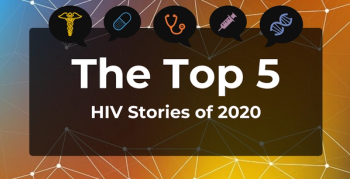
Four of our top 5 HIV articles for 2020 saw the HIV pandemic overlap with the coronavirus disease 2019 pandemic and had Anthony Fauci, MD, in common. The fifth is from this year's AIDS 2020 virtual conference, itself a product of the overlapping pandemics.
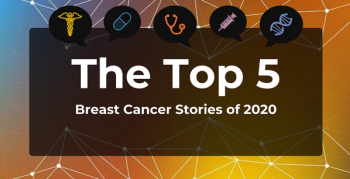
These top 5 posts from our breast cancer compendium in 2020 show that while much is known about breast cancer, much remains that can help to broaden the knowledge armamentarium.

At the recent meeting of the American Society of Hematology, results from several studies involved the use of chimeric antigen receptor (CAR) T-cell therapy in multiple myeloma.

Four principal themes emerged in this study, describing why Latino/a and Black transgender women and men who have sex with men discontinued their preexposure prophylaxis (PrEP) to prevent HIV.

A 5-phase program designed to increase knowledge among patients with heart failure has shown promise in more effective disease management and hospital readmission reduction.
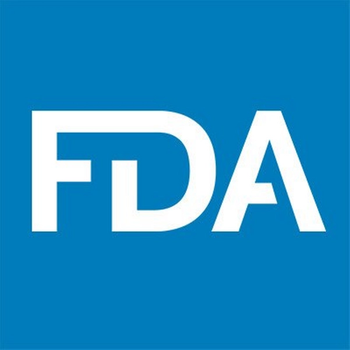
The panel could not reach consensus on what an expanded label might look like in an area where there are no approved therapies.

Compared with before the Affordable Care Act (ACA), study results show there was an increase in diagnoses of early-stage breast cancer among younger vs older minority women after the act.

Due to a lack of comprehensive data on health literacy among these patients, a team of investigators looked at its connection with their quality of life (QOL).

Results from a 5-year study show significantly higher rates of several gastrointestinal (GI) disorders, as well as hospital-related costs, among patients living with HIV compared with controls.

Top reasons why patients with heart failure face a higher risk of hospitalization during times when fracking occurs include an increase in air pollution and stress pathways.

Overall survival from early breast cancer has steadily been increasing; however, simultaneous increases in obesity and obesity-related comorbidities may have contributed to the survival disparity seen between these patient groups.

Research presented at this year’s annual meeting of the Radiological Society of North America shows the possible impact of food or housing insecurity on follow-up appointments for breast cancer.

Adding daratumumab to standard-of-care regimens consistently improves outcomes among patients with multiple myeloma, noted Mark Wildgust, PhD, vice president of Global Medical Affairs/Oncology at Janssen.
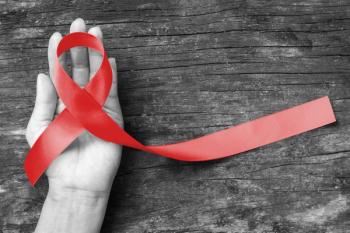
The most recent data from the CDC show a 36.6% decrease in overall mortality among individuals living with HIV; despite this progress, the virus remains a leading cause of death among certain races and ethnicities.

Overdose-related cardiac arrests rose consistently in the first few months of the coronavirus disease 2019 (COVID-19) pandemic, coming in at 48.5% above baseline through August 1, according to national emergency medical services data.

Survival after breast cancer is on the rise, thereby emphasizing the importance of discussions that focus on fertility and reproduction among younger survivors.

The 5-year risk of women dying or developing heart failure following a first severe heart attack is 20% higher compared with men, according to the findings in Circulation.
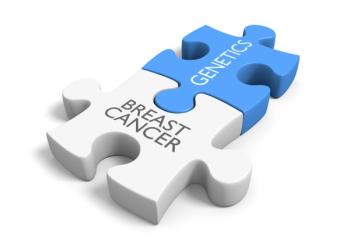
Among older women with and without breast and ovarian cancers, testing for the BRCA gene dropped precipitously between 2008 and 2018.

A recent survey of UK Biobank participants showed that healthy sleep habits were associated with a possible lower risk of heart failure among adults, even after adjusting for several confounders.

Patients younger than 65 years represent close to 40% of deaths from metastatic breast cancer, yet their use of end-of-life (EOL) care has not been thoroughly investigated until now.

A poster on telehealth presented at ID Week in October attempted to identify where care advancement and improvement are needed for individuals living with HIV.

Supplemental screening for breast cancer, beyond the standard-of-care mammography, may benefit some women who have dense breast tissue.

Living in a neighborhood rife with violent crime and prostitution was linked in this recent study to worse virologic control among pregnant woman living with HIV.

Intravenous diuretic treatment of patients with decompensated heart failure can increase urine output, promote weight loss, and improve dyspnea.

A recent study of female breast cancer survivors shows that feelings toward body image were consistently worse among those who had a bilateral mastectomy vs breast-conserving surgery.

Having node-positive, estrogen receptor–positive breast cancer indicated a greater likelihood of overall survival following chemotherapy, despite having several comorbidities, after adjustment for confounders.

Sarcopenic obesity is a condition in which obesity is accompanied by loss of muscle mass and function; the condition is common among older adults with heart failure with preserved ejection fraction (HFpEF).

Smaller babies born to mothers living with HIV are often considered “undesirable” in sub-Saharan Africa, and the mothers themselves often are blamed for this.

The novel patient-centered performance metric was associated with readmission and mortality outcomes, as well as reclassification of hospital performance, compared with a CMS 30-day metric.

259 Prospect Plains Rd, Bldg H
Cranbury, NJ 08512
© 2025 MJH Life Sciences®
All rights reserved.
